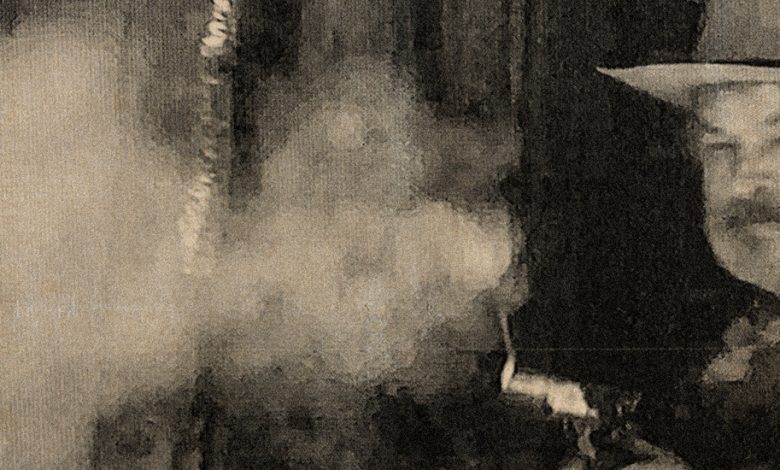What the ‘Rust’ Shooting Case Is Really About

In my first job as a military adviser on a film set, I witnessed the stark contrast between the gun safety culture of my Navy SEAL days and the cavalier attitude toward firearms that permeates Hollywood. During a break in filming, the lead actor, fresh off a stint as a teen heartthrob, picked up a gun and began waving it around, joking with the cast. Instinctively, I leaped toward the actor, grabbed the gun and gave him a hard thump to the chest, admonishing him for “flagging” the entire crew — using the military term for aiming a firearm at someone.
Later, I pulled him aside and drilled into him the cardinal rules of gun safety, rules that become second nature to anyone who handles firearms professionally: Always treat a gun as loaded. Never point it at anything you don’t intend to shoot. Keep your finger off the trigger until ready to fire. These aren’t optional guidelines but ironclad laws. If you’re going to handle firearms, even those loaded with blanks, I explained, you have a duty to master these principles.
The disregard for basic gun safety I witnessed that day wasn’t an isolated incident. It was emblematic of a problem in the film industry, and a symptom of the profound contradictions in Hollywood’s attitudes toward firearms.
On movie sets, real guns, often modified to fire blanks, are commonplace. Gunfights and shootouts are staples of blockbuster entertainment, and the characters wielding those weapons, from James Bond to John Wick, are glamorized and idolized. Violence — often stylized gun violence — has long been a lucrative part of the Hollywood ecosystem. At the same time, Hollywood is perceived as a bastion of liberal politics and a leading voice in the push for gun control. After mass shootings, many actors and executives make impassioned pleas for stricter regulations on firearms. They use their influential platform to turn public opinion against American gun culture.
It’s a jarring contradiction, one that the industry has long ignored — but one that I believe it can no longer avoid confronting. The tragic shooting on the set of “Rust” in 2021, which claimed the life of a cinematographer, Halyna Hutchins, has cast a harsh spotlight on the consequences of a cavalier attitude toward guns. The details of the episode paint a picture of an environment where basic gun safety protocols were neglected. Live rounds were mixed with blanks. Firearms were handled with shocking nonchalance. The result was a cascading series of errors that culminated in a preventable death.
The conviction last week of the film’s armorer, Hannah Gutierrez-Reed, for involuntary manslaughter, and an assistant director’s plea of no contest to a charge of negligent handling of a deadly weapon, underscore the systemic nature of the problem. It’s not just about individual lapses in judgment but about a broader culture of laxity and disregard for the lethal potential of firearms on set.
